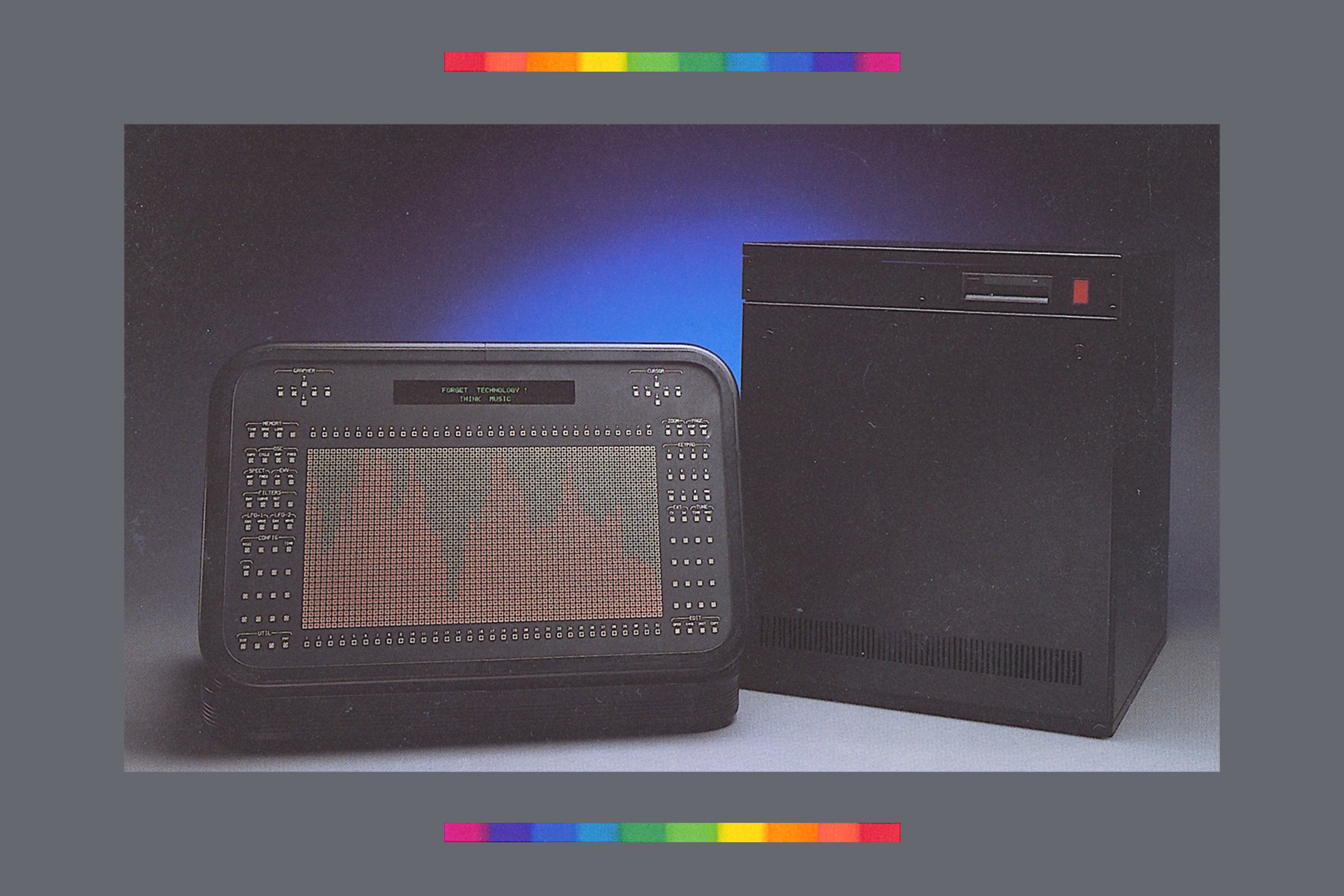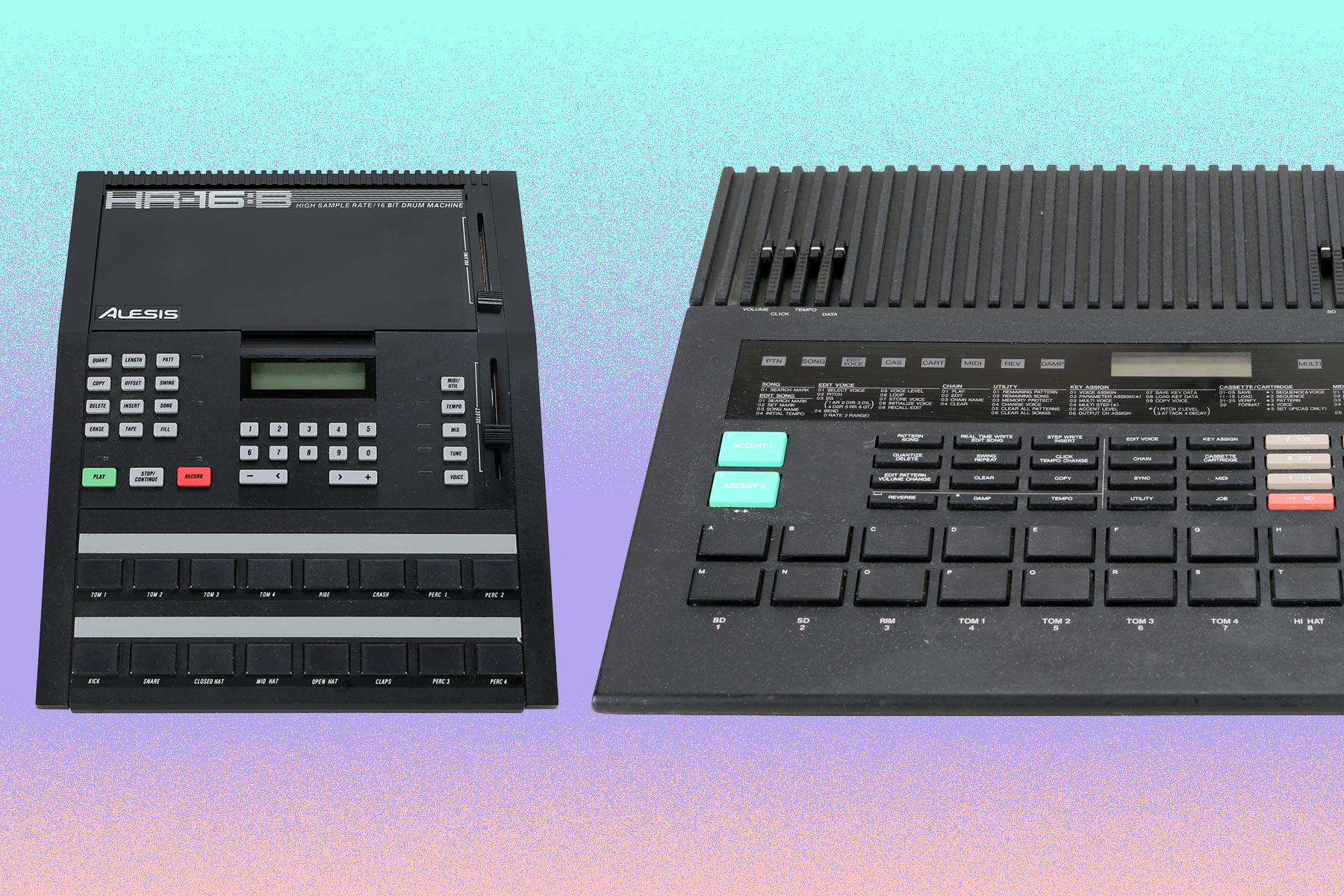We don't just like pitch shifting delays here…we love them—as you could probably guess from our last pedal love article about the Red Panda Raster 2. Love comes in all shapes and sizes, and Malekko Heavy Industry's Polyamorator wants to spread the love with three semi-independent delay lines that can be pitch shifted across a wide tonal range. Polyamorator's unique talent lies in its tailored processing chain, incorporating ideas from harmonizers, delays, and even arpeggiators into one highly customizable pedal for exploring sonic territories ranging from sweet and melodic delays to discordant and metallic tails.
Hiding behind a simple six control pedal lies two menus for a total of eleven controls, giving you much more range and functionality than meets the eye. At its simplest, Polyamorator provides a variable delay and three stages of pitch shifting, two separate effects that when used individually provide simple and useful effects to your pedalboard. However, Polyamorator can also be seen as a fantastic and distinctive multi-tap delay, bringing you rhythmically related delays with individual levels and pitch shifts to create fascinating and intriguing melodic twirls and motifs that can follow you all the way across the chromatic scale.
Love Me Three Times
As a harmonizer, Polyamorator provides three individual pitch controls, each capable of producing a pitch offset of the input signal. Each stage can be offset incrementally by a chromatic interval spanning up to -/+ 1 octave, offering you a wide range of harmonically related options to create anything from closed triads and sevenths to open and extended figures. Complexity doesn't stop there, for each stage also contains a volume control that's hidden on the second page, ranging from muted to matched input volume—allowing you to create synthesized tones with atypical harmonics when using solely pitch and volume offsets, much like in additive synthesis.
Looking just at the delay functionality, you have a typical delay time and feedback configuration for creating a basic digital delay all the way to Karplus-Strong-esque tones at higher feedback and faster delay time settings. What's interesting about the delay is its relation to each stage: each stage has its own delay range that snaps exponentially to the delay time, giving you rhythmically related delays. Alone, it doesn't really change much about the delay, but when introducing volume and pitch offsets, Polyamorator can produce dynamic delays and even arpeggiated ideas, respectively. It is important to note that Polyamorator doesn't produce rising or descending "shimmer" effects, but rather it stays consistent in its harmonic properties and utilizes length in time via the regen control.
Some additional properties that should be noted include a preamp section for boosting your input signal—a fantastic addition for utilizing Polyamorator on its own with guitars, synths, or any input needing a little amplification. A more creative feature is the size control on the second page, with which you determine how large a sample size Polyamorator captures and processes. This parameter not only determines the unit's latency, but also creates the underlying tonal structure for all of Polyamorator's other parameters. Extreme positions for the size control can produce both metallic, inharmonic tones and fluttery delays that nudge the pedal into blissful territories.
For more performative actions, Polyamorator includes a tap tempo input along with a expression pedal input. The tap tempo allows for visualized synchronicity of the delay time while the expression input can control any combination of Polyamorator's controls (excluding the preamp control) with any number of heel-toe ranges. The expression input not only supports traditional expression pedals, but also CV inputs for integration with a modular system or other CV-producing synthesizers and tools—this flexibility makes for interesting integration with key tracking pitch controls, changing dynamics, and even timbral changes via the size control.
All these options culminate to a very performable and customizable experience that adds rich harmonic movement throughout your pedalboard. Even setting and forgetting parameters can introduce a wealth of harmonically complex and dynamically intertwining ideas as you can hear from Brian's spooky performance on his bass. Malekko Heavy Industry's Polyamorator truly offers a unique sound and effect that is hard to find in a single-pedal format.







